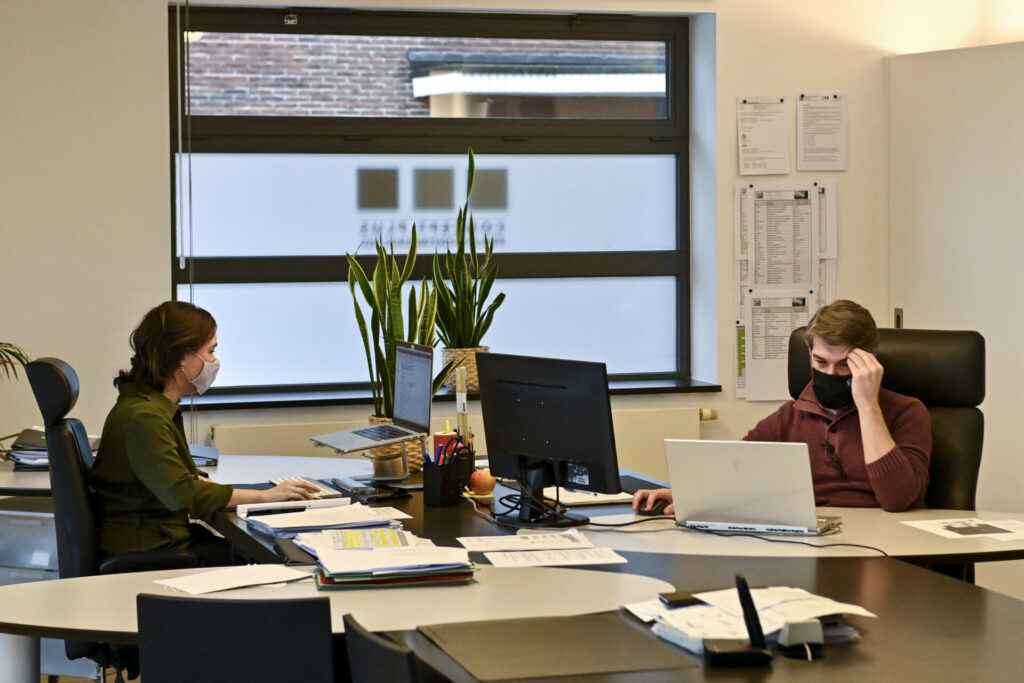The International Labour Organisation (ILO) has stressed lessons must be learned from the change working behaviour that stemmed from the pandemic, noting these improve the work-life balance of workers but also increase the productivity of companies.
In a recent report, the ILO praised flexible working hours and telework, arrangements that became much more wide-spread as a result of the Covid-19 crisis and the lockdowns that ensued from the pandemic, and which it noted "changed the nature of employment, most likely for the foreseeable future.”
The organisation noted that while mandatory telework as imposed during the pandemic exacerbated the arrangement's downsides by, for example, "retraditionalising existing gender roles with regard to the allocation of housework and childcare responsibilities," as a voluntary work arrangement it can have positive effects on working-time autonomy (better family life, for example).
"Teleworking creates a new scope for the autonomy of employees, both in terms of working hours and work– life balance," the report read. However, it stressed that precautions should be taken to contain the negative effects of long hours of work.
Meanwhile, the ILO stressed that the way in which shorter or longer working weeks or flexible working arrangements are introduced "matter a great deal," noting that well-designed arrangements "can be mutually beneficial for both employees and employers" by improving the work-life balance of staff and giving employers more options.
Related News
- Younger Flemish workers against increased working hours
- Depression or burnout cases in Belgium have almost doubled in five years
"Conversely, restricting flexibility brings substantial costs, including increased staff turnover," the ILO found.
It called on government and companies globally to learn lessons from the benefits they can offer and for "continued commitment" to telework schemes, flexible working hours and short-time working when appropriate, adding that "these responses should be made permanent and that the wheel should not be turned back again."
Average working hours analysed
The ILO report is the first to focus on work-life balance, and also included a range of new statistics covering hours of work, both before and during the pandemic. It found that a substantial portion of the global workforce are working either long or short hours when compared to a standard eight-hour day/40 hour working week.
Just before the pandemic, the average working week worldwide consisted of just under 44 hours. In Northern, Southern and Western Europe, the average stands at 37 — with people who work over 48 hours a week often indicating that they want to work less, even if it means less pay. At the same time, practice shows that those who work long hours tend to be less productive, the ILO noted.
It showed that between 2019 and 2020, actual hours of work per week decreased most in Austria (by 2 hours and 48 minutes per worker) followed by Belgium, where decreases of about 90 minutes per worker were calculated.

